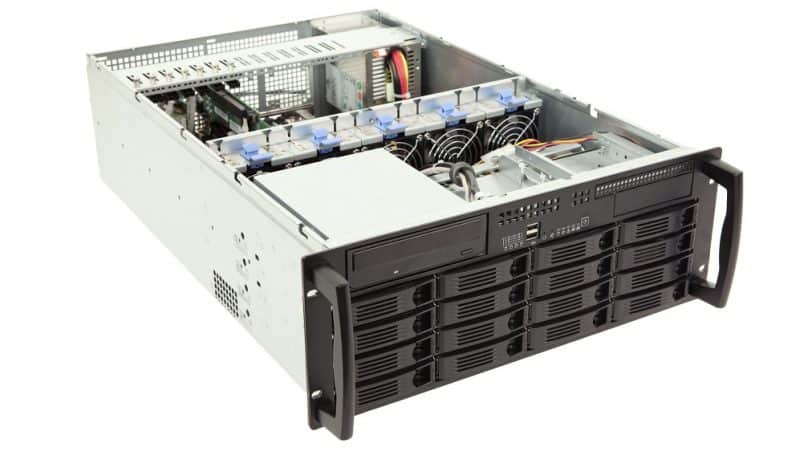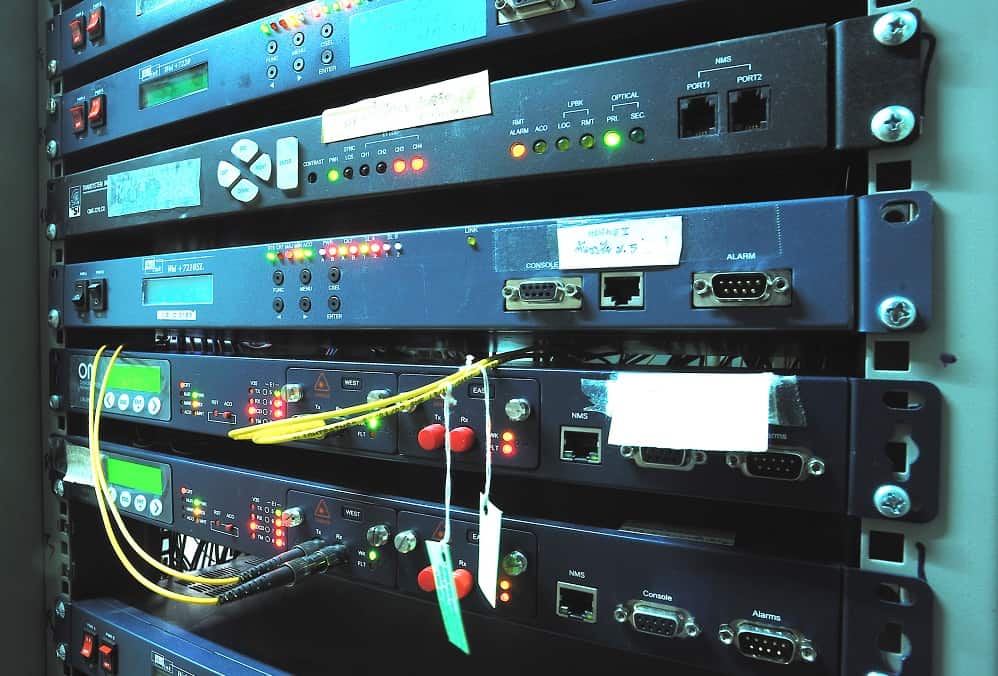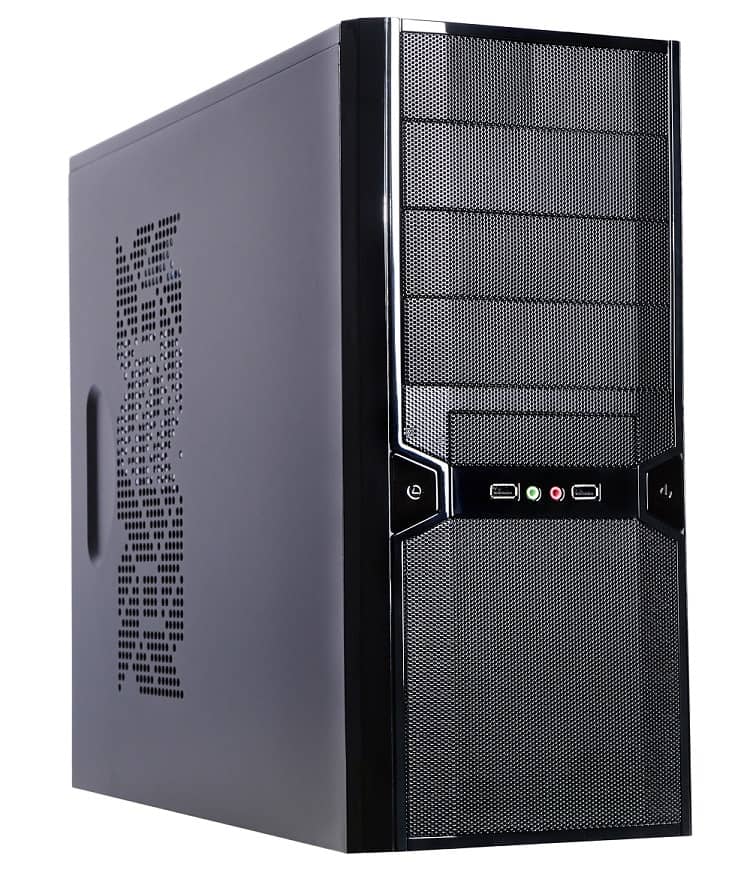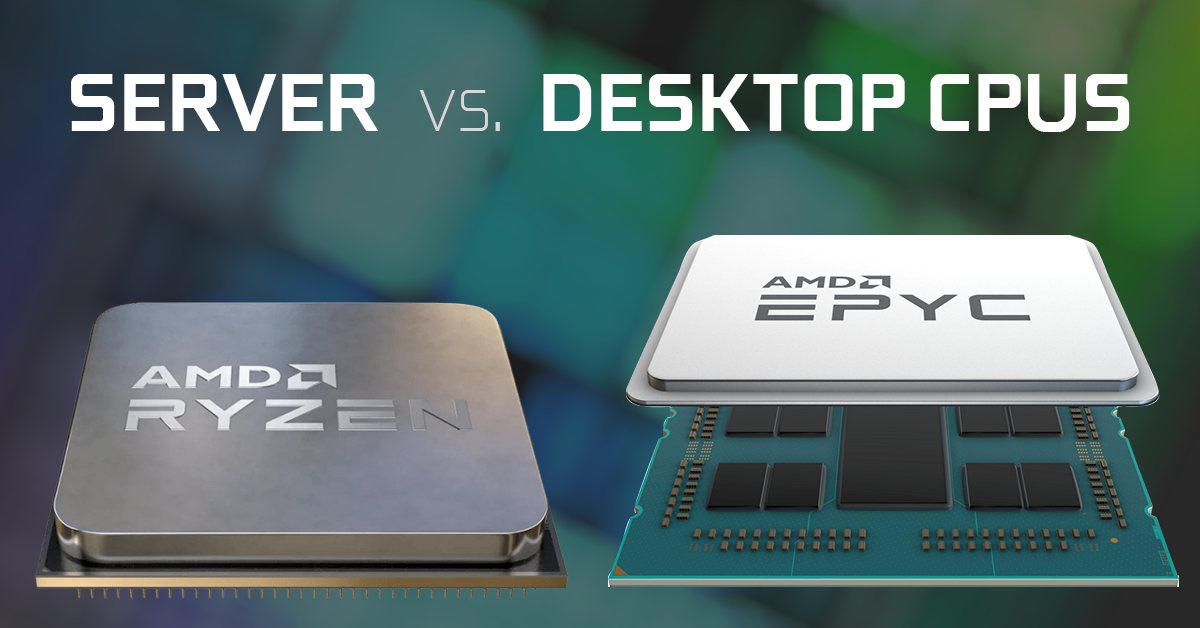Server Vs Desktop Pc

Server Vs Desktop What S The Difference Cyber Risk Knowing how a server is different from a desktop can save businesses time and money. learn about their differences now. In this tutorial, we’ll review the differences between servers and desktops. firstly, we’ll define the terms and describe them. next, we’ll review the different uses of servers and desktops. then finally, we’ll highlight the differences between the two. 2. servers.

Server Vs Desktop What S The Difference Cyber Risk Servers vs. desktops guide. compare hardware, performance, and uses to choose the right device for your needs. Desktop computers are designed for individual use and typically feature a single processor, a moderate amount of ram, and sufficient storage capacity for personal files and applications. on the other hand, servers are built to handle heavy workloads and multiple simultaneous requests. What is the key difference between a server and a pc? the key differences between servers and pcs lie in their intended use, hardware specifications, and reliability. A pc is a personal computer designed for individual use, while a server is designed to serve multiple clients or users. pcs are used for personal or business purposes, while servers store and share data and applications.

Server Vs Desktop What S The Difference Cyber Risk What is the key difference between a server and a pc? the key differences between servers and pcs lie in their intended use, hardware specifications, and reliability. A pc is a personal computer designed for individual use, while a server is designed to serve multiple clients or users. pcs are used for personal or business purposes, while servers store and share data and applications. While they share some similarities with desktop pcs, their differences highlight the unique challenges of operating in environments like data centers. from cpus with hundreds of cores to terabytes of memory and custom motherboards, servers are optimized to handle workloads at a scale that desktop pcs can only dream of. Servers and desktops might look similar on the surface, but they serve completely different purposes in the computing world. you might be wondering which one is right for your needs or business setup. What is the difference between server vs desktop components? find out why you should care if your hosting provider uses desktop hardware. Hard drives and power supplies in a server are often redundant and can be replaced with minimal or no disruption to the service. 1. a pc is a collection of hardware while a server can either be hardware or software. 2. a single pc can host multiple servers at the same time but with a limited number of users. 3.

Server Vs Desktop Cpus What Are The Differences While they share some similarities with desktop pcs, their differences highlight the unique challenges of operating in environments like data centers. from cpus with hundreds of cores to terabytes of memory and custom motherboards, servers are optimized to handle workloads at a scale that desktop pcs can only dream of. Servers and desktops might look similar on the surface, but they serve completely different purposes in the computing world. you might be wondering which one is right for your needs or business setup. What is the difference between server vs desktop components? find out why you should care if your hosting provider uses desktop hardware. Hard drives and power supplies in a server are often redundant and can be replaced with minimal or no disruption to the service. 1. a pc is a collection of hardware while a server can either be hardware or software. 2. a single pc can host multiple servers at the same time but with a limited number of users. 3.
Comments are closed.